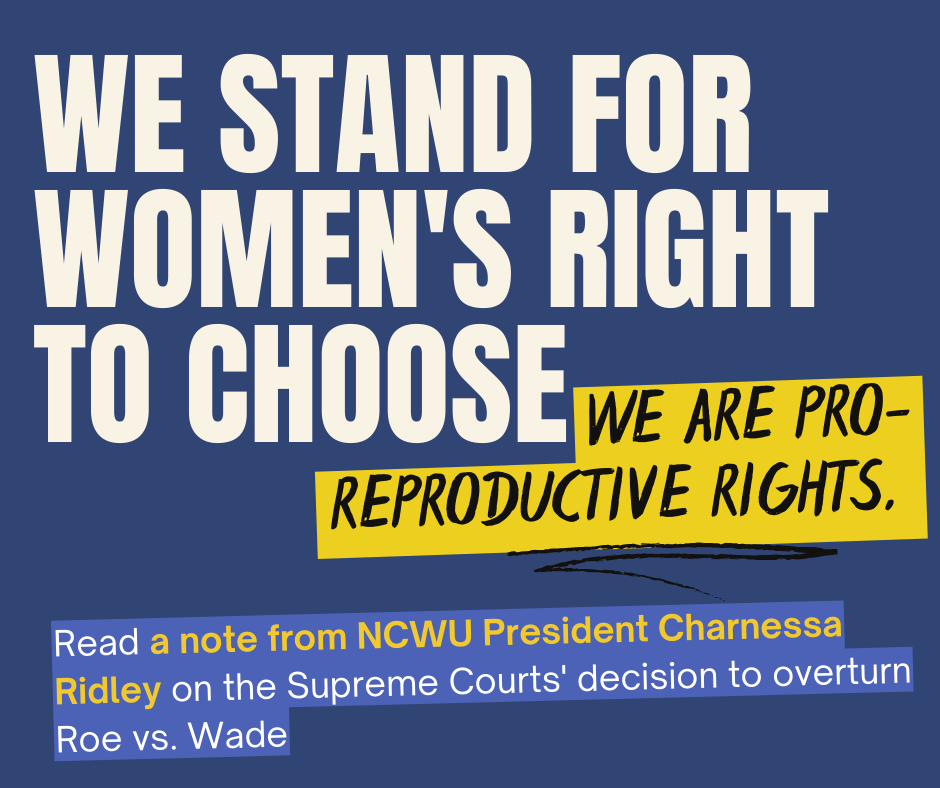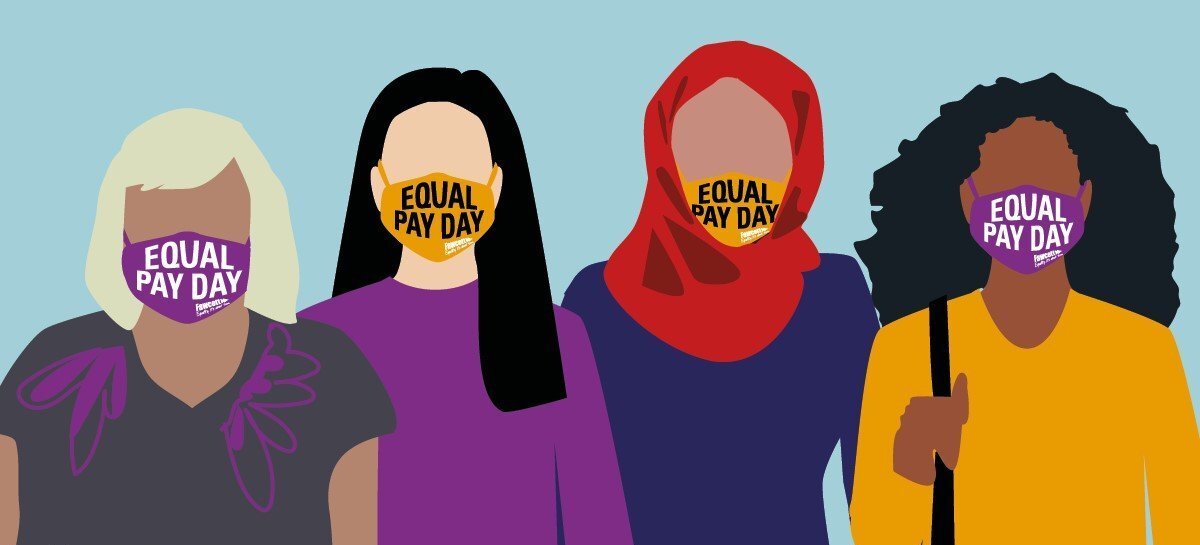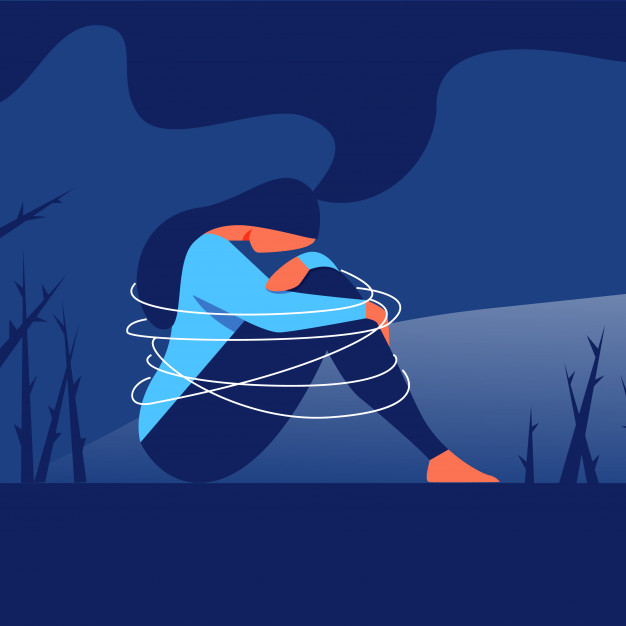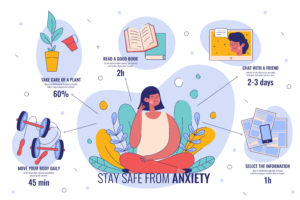Sadly, yesterday’s decision to overturn Roe v. Wade marks an unfathomable abandonment of a pregnant person’s fundamental right to privacy and bodily autonomy. This extreme and dangerous decision will restrict the ability of millions to make the best reproductive choices for them. Abortion is health care, and it’s nearly paralyzing to accept the reality that yesterday we woke up with a constitutional right that had been ripped away by noon. We will continue to fight for the right to control our bodies!
In the last 24, so many states have moved swiftly to ban abortion. While abortion in NC is still legal, the stakes for the upcoming election are even higher! Dismantling these patriarchal systems becomes a real possibility when we support pro-women candidates who have a sincere commitment to policy rooted in an intersectional feminist framework like reproductive justice.
I know that many of us are submerged in collective grief that only time and change can genuinely heal but until then, remember to breathe. Things are bad, yes. But this long and bruising fight requires that you not burn out.
Charnessa Ridley
NCWU President



